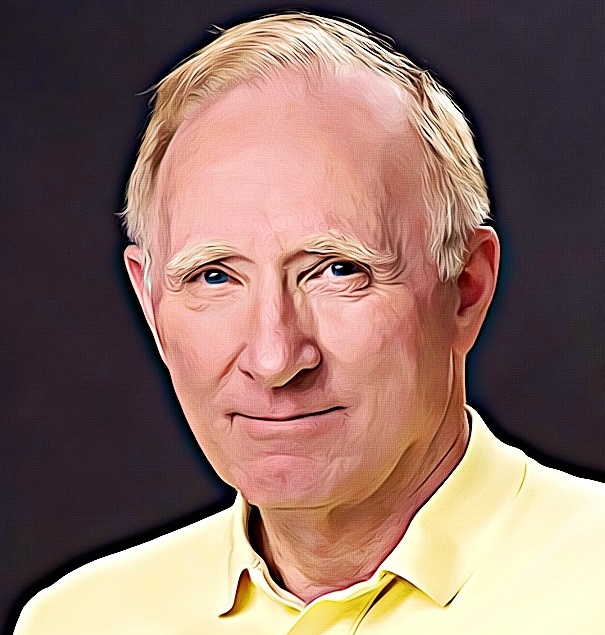014: What can you LEARN from a 71-Year-Old, Harvard MBA Real Estate Investor? Find out with John T. Reed…


Background on John T. Reed:
John T. Reed was born in Southern New Jersey. He was a West Point ’68 paratrooper ranger, radio officer, real estate agent, property manager, Harvard MBA ’77, & he started buying residential rental property in 1969 and continued for 23 years. He wrote for the Real Estate Investing Letter from 1976 through 1985. He started his own Real Estate Investor’s Monthly newsletter in February 1986 to date. Author-publisher-distributor of 34 how-to books on real estate investment, football coaching, baseball coaching, succeeding, self-publishing, and how to protect your life savings from hyperinflation and depression.
Time Stamped Show Notes:
- [4:22] Old people doesn’t necessarily mean they’re out of date.
- [5:00] “The basic aspects of real estate investment stay the same over the decades.”
- [5:15] Got rid of all his properties in the 90s.
- [6:17] He doesn’t like having tenants and resident managers.
- [6:41] Thinking of putting some money to real estate investment trusts.
- [7:08] Went to West Point for college and got an internship for 30 days out in the real army.
- [7:19] He was appalled by his internship and decided he doesn’t want to do that kind of job.
- [7:48] Army regulation did not allow you to have your own business.
- [8:00] He was allowed to invest in stocks and real estate.
- [8:11] He was forced to real estate by the army regulation.
- [8:22] After graduating, he went through a series of army schools for a year.
- [8:31] April 15, 1969, he bought his first duplex and eventually got up to 58 units.
- [9:06] Owned the duplex for 6 years and paid $14,000, 20% down.
- [9:29] He sold the duplex for $36,000.
- [9:34] At that time, I said “all you have to do to get rich in real estate is to get your name on the deed. That turned out to be incorrect.”
- [10:10] He bought more units when he got out of the army.
- [10:42] He got the money from the combination of appreciation and savings from his work.
- [12:00] He was a sales agent for 3 years.
- [12:22] He got accepted in Harvard Business School.
- [13:42] Worked in Crocker Bank after his graduation.
- [14:49] In between his 2 years in Harvard, he became a real estate writer as a summer job.
- [15:07] He was earning a living as a writer and from cash flows from his properties.
- [17:10] He and his wife moved to California in June 1977 and started looking for properties.
- [18:37] Because of ridiculous price of the properties in California, he ended up buying properties in Texas.
- [24:42] “The biggest change in real estate in the 20th century was the car.”
- [25:56] Landlords used to make decisions in their building, nowadays, all you do is comply with the decisions made by politicians and bureaucrats.
- [35:11] Commercial and Residential properties have advantages and disadvantages, but the legal and financial industry bias in favor of single family is so enormous.
- [36:00] “A lot of people made a mistake of getting big big big to the point where the house is job.”
- [38:39] Whenever you invest you need to have an ejection criteria.
Fabulous 4 Questions:
- 📖 📚 Favorite Book(s)? “I do not have a favorite book.”
- 🙌😎 Favorite Amazon.com purchase? “I see no reason to distinguish Amazon purchase from other sources. My favorite purchases were my house and car and MBA degree. Did not buy either from a Web site.”
- 🌱💸 Favorite Tool that’s GROWN your Business? “Internet.”
- 💭💡 BIGGEST Challenge keeping your Business from GROWING? “Cancer tumors need to grow. My business needs to be right-sized to fit my life at each of its stages. This question must have been written by a person too young to understand the nature of adult life. Life is about marriage, kids, grandkids, friends, career satisfaction, health, financial security – enough, not just more, more, more.”
Key Point from the Interview:
- In any investment you need to have an ejection criteria.
Resources Mentioned:
- Johnreed.com
- Real Estate Investment Books
- Articles and blogs
- Email: [email protected]
